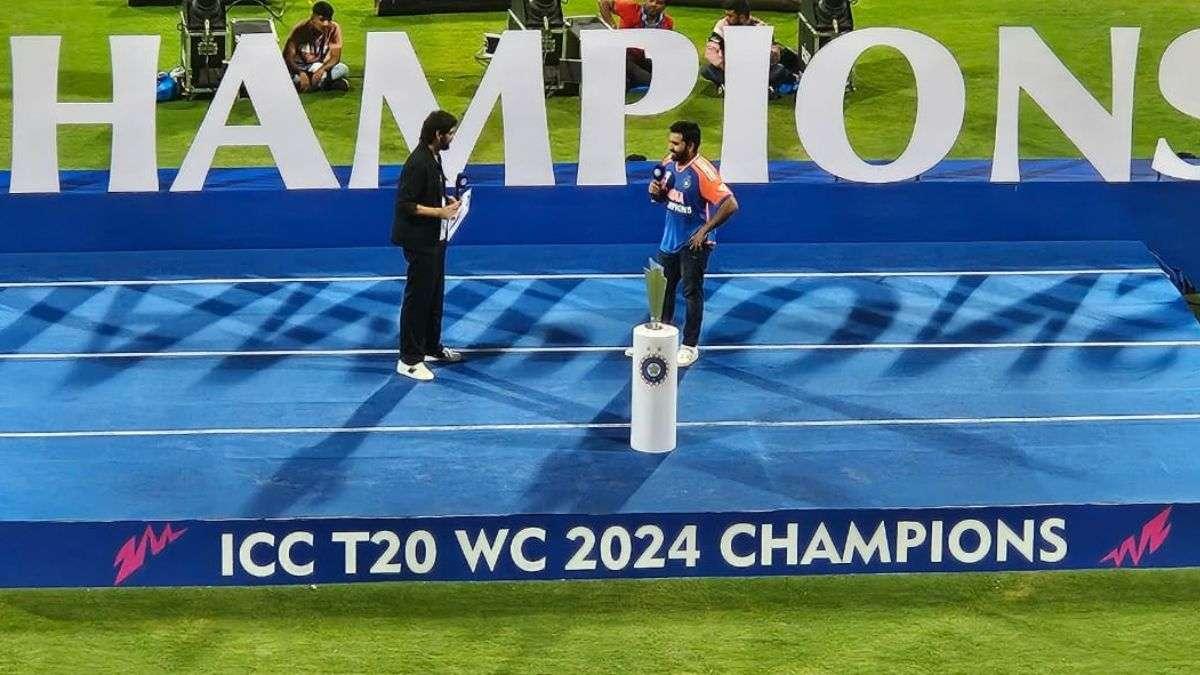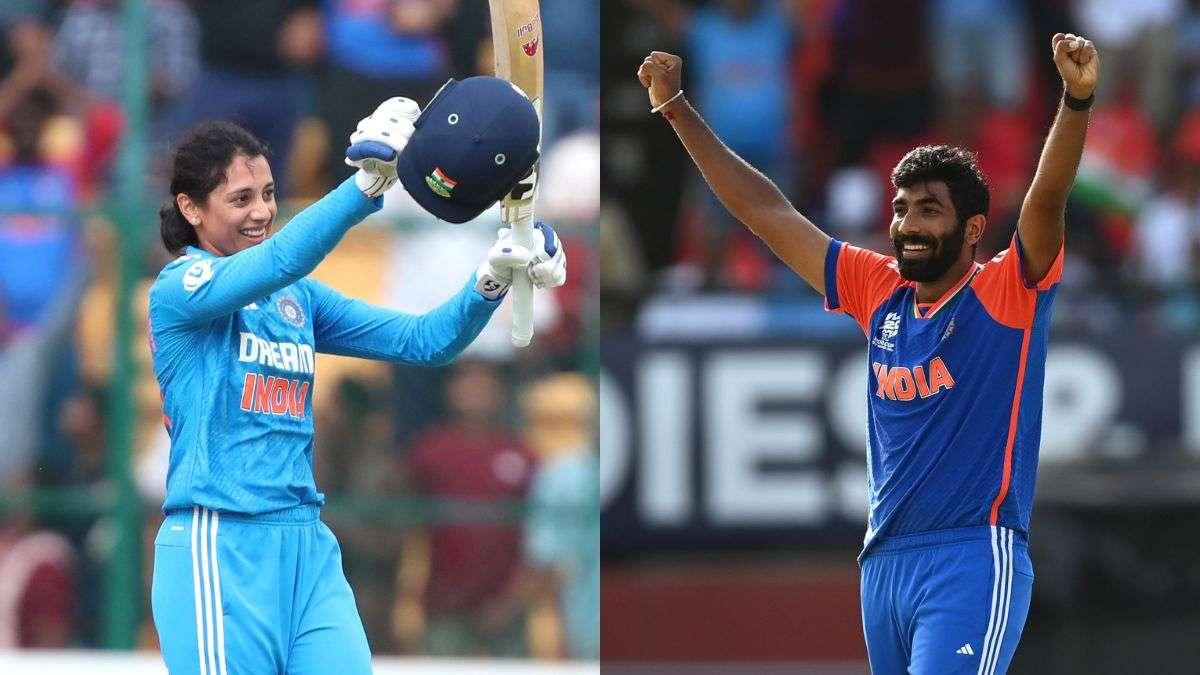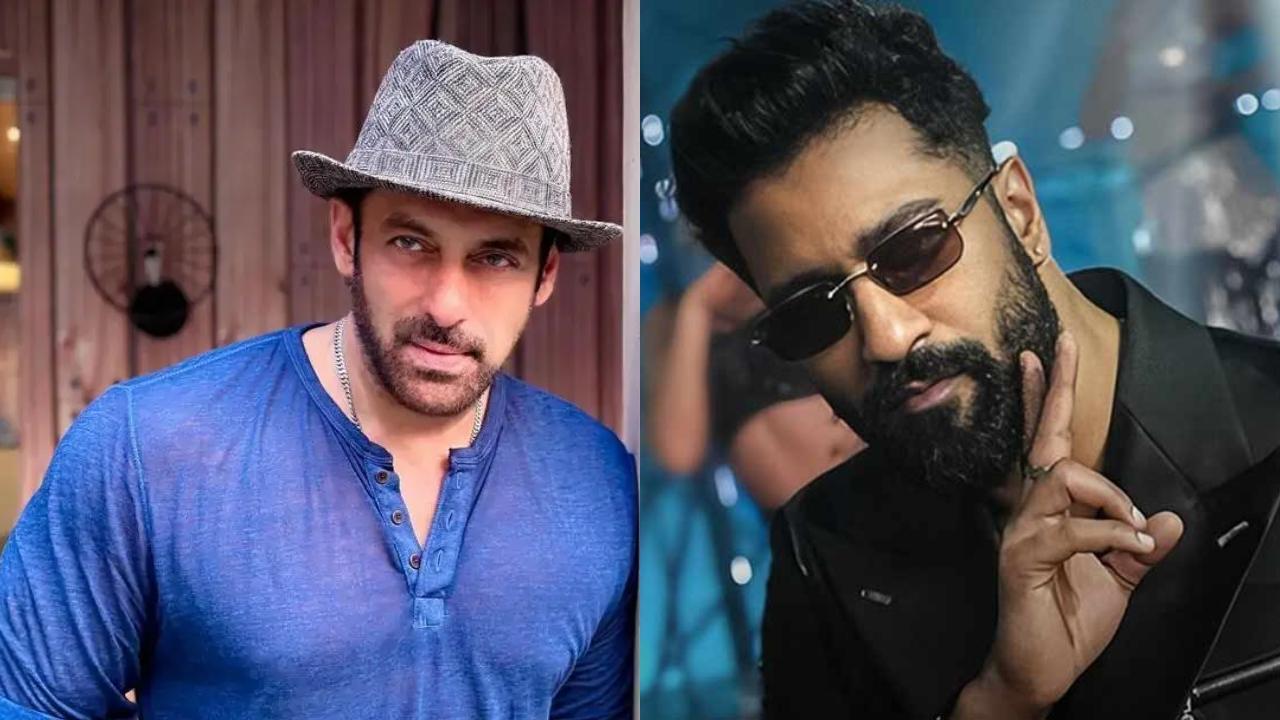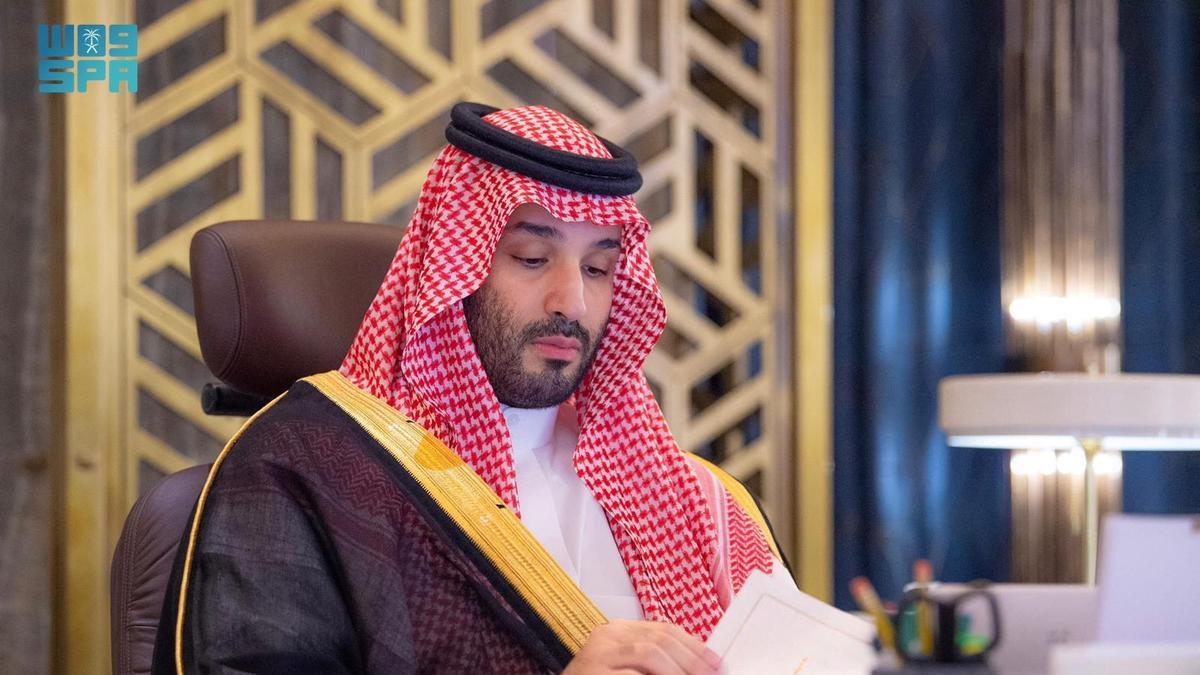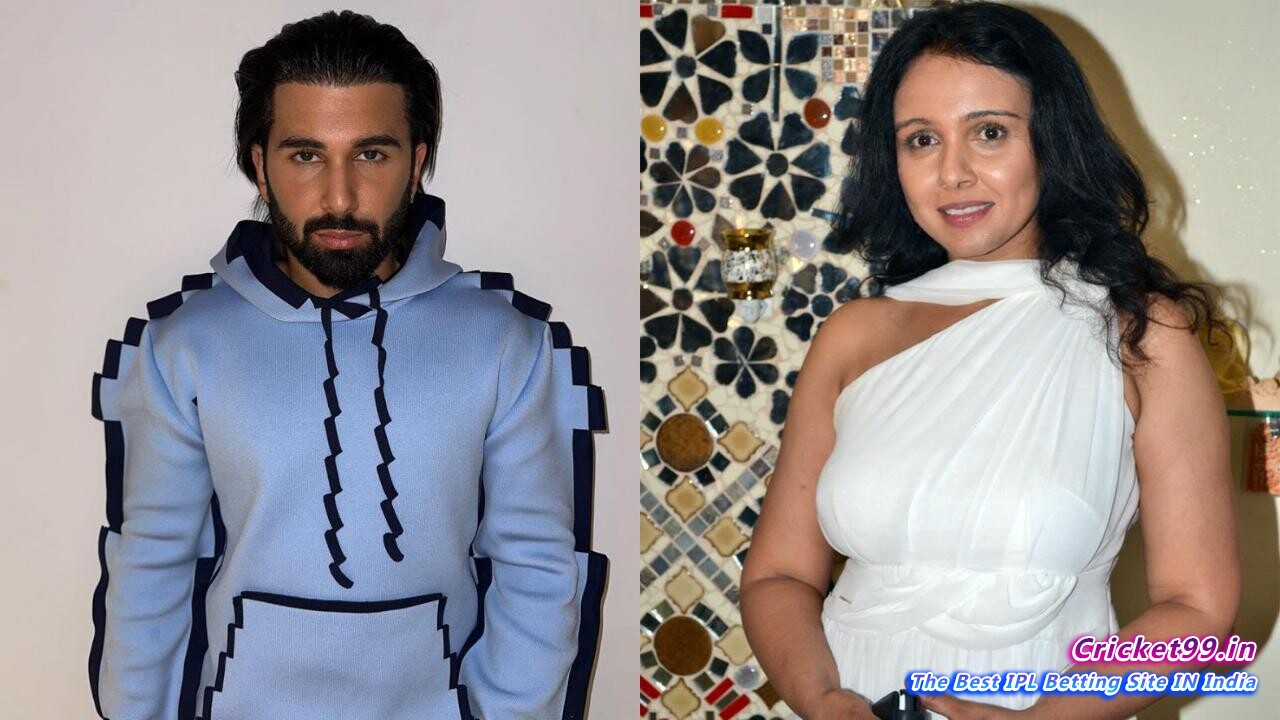
The world of social media and its nexus with the entertainment industry often triggers heated debates about values, talent, and the influence of online personalities. The latest to stir up a controversy is the internet sensation known as Orry, or Orhan Awatramani. Known for his Instagram fame through posts depicting glamorous parties with Indian celebrities, Orry has become a familiar face among the digital audience, even securing a spot on the popular reality TV show, Bigg Boss 17.
However, not everyone seems impressed with Orry’s rise to popularity, and recently, actress Suchitra Krishnamoorthi voiced her concerns regarding the impact of what she calls “Orry culture” on Bollywood. She has openly criticized the shift in focus from an artist’s talent to their affiliation with luxury brands, parties, and a lifestyle that is more about appearances than professional accomplishments.
In a strongly worded note, Krishnamoorthi decried the obsession with designer labels and the status they supposedly confer, calling it an indication of insecurity and a lack of individuality. Going further, she painted such posturing as cowardly, a deviation from the true essence of what an artist or an individual of caliber should represent. For her, the real brand of an artist lies in their mastery and excellence, not the borrowed shine of external labels.
Orry, on the other side of the spat, appears perplexed by Krishnamoorthi’s pointed remarks. Taking to his preferred platform, Instagram, he shared a screenshot of her comments and expressed his bewilderment, questioning Krishnamoorthi’s continuous mention of him and posing the question, “What even is Orry culture?”
The actor relayed anecdotes, including a narrative about a former personal trainer who felt pressured to follow this high-profile trend, going so far as to take out a loan for a designer bag to fit in with her famous clientele. This story served to underscore Krishnamoorthi’s argument against the superficial and potentially hazardous “Orry culture.” The trainer, rejecting the pursuit of such shallow symbols of success, expressed concern for her son, urging him to carve out his own path rather than imitate the superficialities facilitated by social media.
Suchitra Krishnamoorthi’s social commentary reflects a broader concern about the potential impact of influencer culture on the younger generation, highlighting a worrisome push towards materialism and association with celebrity status over individual merit and hard work. Her incisive comments seek to challenge individuals to pursue substance over style, pushing back against a tide of culture that valorizes the veneer of celebrity life without acknowledging the real work behind true accomplishment.
Meanwhile, Orry’s response brings to light the confusion and disconnect between internet fame and traditional notions of celebrity and talent, marking a generation gap and a clash of perspectives. As the online world continues to redefine what it means to be successful and influential, discussions like these are pivotal in shaping public discourse about the influence of social media on society’s values and objectives.
As the debate rages on, the central question that emerges is whether the proliferation of influencer culture fosters a progressive, inclusive environment or whether it ultimately undermines the values of hard work and genuine talent. In this crossfire of opinions lies the future of entertainment and the moral fiber that will either fortify or fray under the relentless expansion of social media’s domain over cultural influence and personal aspiration.



